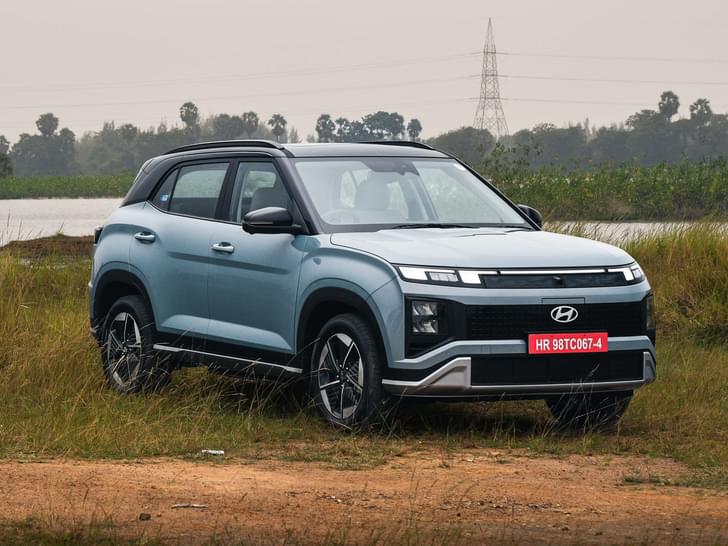The current Hyundai i20 has been on sale in India since August 2014. In May 2018, it was just 8,572 units shy of the half-million mark, having sold 10,664 units in that month. It crossed the 5,00,000-unit mark in June 2018, with an average sales of 10,916 units every month.
The Hyundai i20 has been waging a segment war with Maruti Suzuki Baleno for the top spot, with the latter reaching the 4,00,000-unit sales mark in June. The return of customer demand to the market has helped these two cars significantly.
While the i20 exchanges punches with the Baleno in terms of features, comfort, safety and transmission options on offer, it comes across as a slightly better overall package when it comes to being a well-balanced family hatchback.
In FY2015, the i20 clocked sales of 77,947 units, with its numbers consistently growing to 1,27,962 units in FY2016, 1,26,304 units in FY2017, and 1,36,182 units in FY2018.
The current i20's powerful and frugal 1.4-litre diesel unit has seen more customers going in for the diesel model rather than the petrol; sales were 38 percent (1,86,946 units) over the petrol model (3,04,282 units until May 2018).
Older to Maruti's competitive hatchback by a year, the current i20 recently went on to receive a makeover at the 2018 Auto Expo. It got a host of aesthetic updates, including a revised front grille, alloy wheels, bumpers, and tail-lamps. Hyundai also brought in a significant mechanical upgrade by adding a CVT option to its 1.2-litre petrol version and pitching it directly against the Baleno automatic.
Going by the sales trend for both these competing hatchbacks, the Maruti Baleno is expected to close the gap in sales to around 50,000 units by March 2019.




































